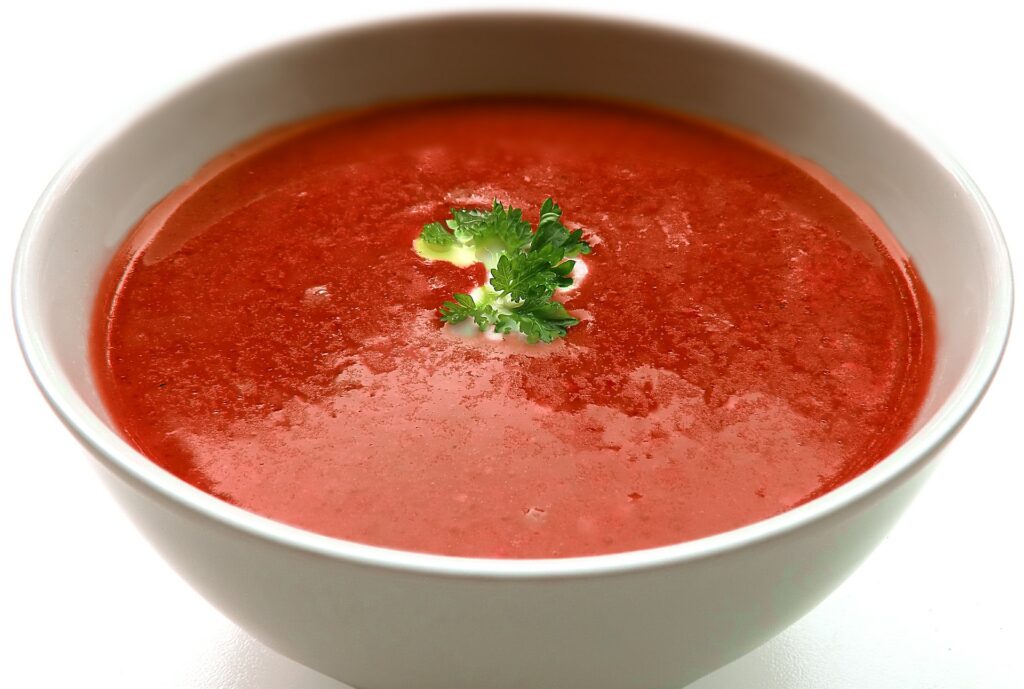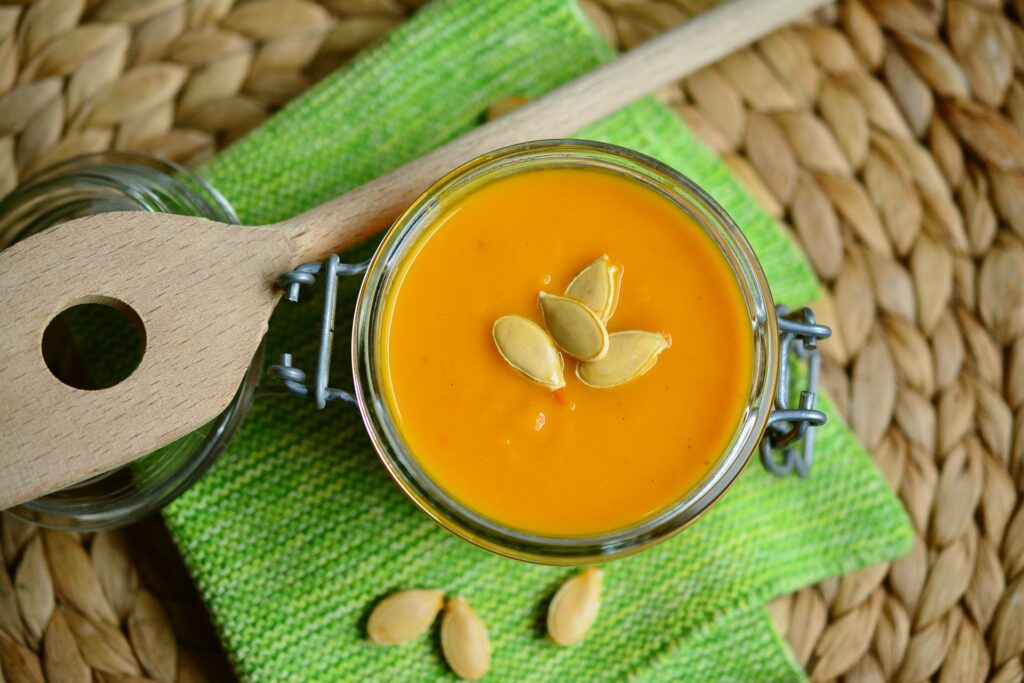Soup has had a special place in human nutrition for thousands of years. And since ancient times, it has special importance due to its health effects. In the whole world, beginning with the first civilizations and cultures, it has always been extremely appreciated thanks to its nutritional and medicinal properties, which in the past decades has become a scientifically based fact.
Soup is a very important part of every meal. Just like a salad, this dish allows you to intake a large number of nutrients that can keep you healthy.
If you plan to lose excess weight, you can replace one of the meals during the day with just a plate of soup. Although for some, this may be a challenge. But from a scientific aspect, it can meet energy and nutritional needs. Fiona Kirk has written a book on a diet based on soups. In her bestseller, “Soup can make you thin”, Kirk wrote: “The richness of ingredients in this meal ensures a balanced amount of carbohydrates, proteins, fats, as well as vitamins and minerals that are needed for good energy metabolism.” She concludes that the path to a slimline is simple, all you need is a full plate of fine and warm soup.

It provides adequate intake of vegetables and fibers
A modern man’s diet is often based on fast food that can’t provide adequate intake of vegetables and fibers. Adding soup to your daily diet can help you to increase your intake of vegetables, especially if you choose a vegetarian one. One example is tomato soup that has been shown to produce positive effects on the cardiovascular system, primarily on the heart, thanks to a large amount of lycopene present in red tomatoes, the consumption of this dish can prevent the onset of the heart attack. A study published in The Journal of Nutritional Biochemistry in July 2006 showed that the daily intake of tomato soup over the course of two weeks increases the level of vitamin C in the respondents.
Cold soups, unlike warm, contain a higher amount of vitamin C, which is sensitive to high temperatures, so its concentration is considerably lower when it’s warmed up. On the other hand, warm meals such as vegetable or chicken noodle soup can satisfy about 50% of the daily requirements for vitamin A and more than 10 percent of the recommended daily intake for selenium and potassium.
It makes your stomach full
According to a study published in Physiology & Behavior in June 2005, as opposed to adding other liquid meals, the soup will make you feel full if you prepare it in an appropriate way. This means that you can serve it as a meal without worry that you will be hungry again after you finish eating. If you choose to have such a meal, be sure to select the one that contains a lot of proteins.
Regulation of metabolism and energy input
Soup with a higher amount of protein often has fewer calories per gram. Selection of foods with low energy density allows healthy and quick weight loss. A study published in Obesity Research in October 2005 showed that consumption of this dish twice a day as a part of low-calorie diet led to 50 percent more weight loss than consuming higher-density foods that contained the same amount of calories.

Soup – Nutrition facts
Nutritional ingredients that are provided by eating the soup depend on the ingredients that are part of it. Generally speaking, each soup contains a high proportion of water. If it’s rich with meat it contains more proteins and minerals such as magnesium, calcium, selenium, iron, copper, and electrolytes. And soups with vegetables are rich in fiber and vitamins. Phytonutrients determine the color and texture, so, for this reason, the tomato soup is red due to the content of the lycopene antioxidant, and pumpkin soup is orange due to beta carotene.

